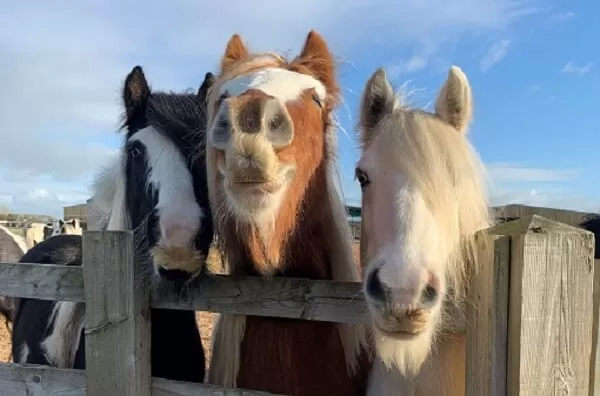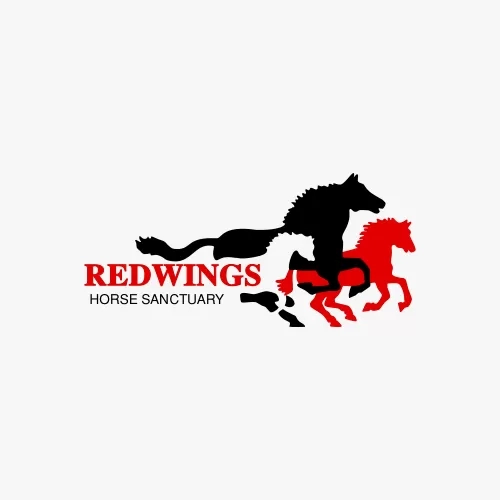29 September 2022

Redwings has welcomed the launch of a new strangles vaccine in the UK that offers a major step forward in our efforts to reduce the spread of the most widespread equine infectious disease.
Strangles currently causes misery to hundreds of horses across the country every year, along with anxiety and expense for their owners, and lockdown restrictions for yards where outbreaks occur. Redwings has been actively campaigning to raise awareness of the steps owners can take to reduce the risk of their horse picking up the respiratory infection, and this new vaccination is an important addition to our prevention toolkit.
Although it has been possible to vaccinate horses against strangles previously, the new vaccine offers ground-breaking new advantages which will help make vaccination a much more practical option for horse owners:
The primary Strangvac course consists of two vaccinations given four weeks apart. The horse’s immune system produces antibodies that specifically target the strangles bacteria, achieving beneficial levels of protection two weeks after the second dose has been given. Like most vaccines, boosters are then used to maintain that immunity over time.
The horse’s immunity is then able (in up to 94% of cases) to significantly reduce clinical signs of strangles, including fever, loss of appetite, lymph node abscesses, a cough and depression. It is important to remember that as the vaccine isn't 100% effective (no vaccine is), a horse exposed to strangles can still be infected and able to pass the disease on to other equines.
Redwings’ Head of Welfare and Behaviour Nic de Brauwere is a widely recognised authority on strangles and has high hopes for the new vaccine’s potential:
“Strangles has proven to be one of the hardest diseases to get a vaccine for that is horse-friendly, user-friendly and effective. I am pleased we now have access to a new tool in the fight against strangles. This new vaccine comes to market after years of detailed study into strangles by scientists at the now closed Animal Health Trust. I am hopeful that this vaccine will make it easier to have effective and affordable prevention strategies that complement biosecurity measures like isolation of new arrivals. It also has potential to give owners more confidence when attending events and mixing with horses from other yards, again when used in conjunction with other good biosecurity habits.”
Nic adds: “As Redwings has a gold standard biosecurity process to screen new arrivals for strangles and then manages almost all residents as a closed herd – meaning no contact with horses outside the sanctuary – we won’t be introducing a policy to vaccinate all our equines at this time. However, horses who do face an increased risk, such as those who attend events as our ‘education ponies’, will be vaccinated so they can benefit from the added protection.
“I would stress that all Redwings residents will continue to be fully vaccinated against equine flu and tetanus. Unlike strangles, flu is an airborne disease and therefore still a risk to a closed herd. Tetanus is not infectious in the same way, but the toxin is present in the environment and has a very high fatality rate, so it is essential that we vaccinate routinely to protect our horses.”
Although the Strangvac licence currently requires a booster at two months in horses at high risk (because of the trial data submitted as part of the application), research has also shown that horses’ immunity rises quickly following a booster vaccination given within six months and even after a year of their primary course. This suggests the immune system remains primed against the disease beyond the two-month window, and there is widespread optimism that strangles vaccination can be incorporated alongside the equine influenza vaccination program, though more frequent booster would be recommended for horses facing a higher risk of infection.
Please note that at this point the vaccine is licenced for use in horses and ponies but not donkeys and mules.
Anyone interested in more information on strangles vaccination, or who is considering vaccination for their own horse, should contact their vet.

Redwings Press Office
Find out more about Redwings Press Office